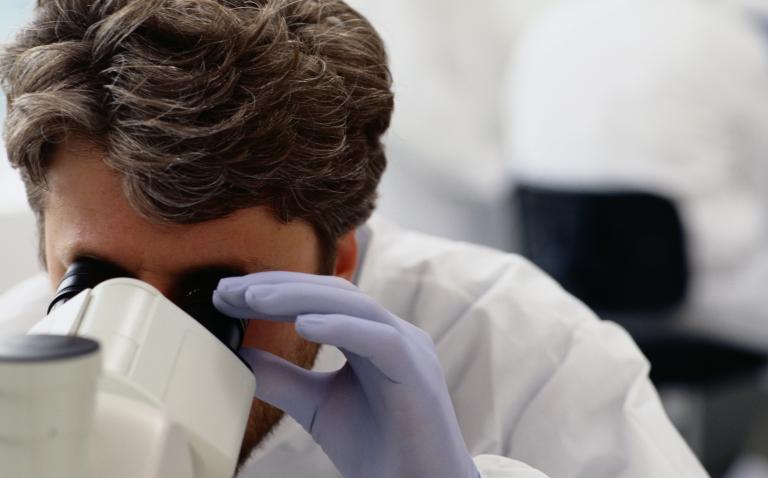Infection specialists are working to prevent an MRSA outbreak at a neonatal unit after six babies tested positive for colonisation by the resistant pathogen.
The unit, at the Royal Blackburn Hospital in the UK, closed to new admissions last month when the presence of the Panton Valentine leukocidin (PVL) strain of MRSA was identified.
Microbiology laboratories across the UK have been asked to be vigilant and have been requested to send any suspicious samples of PVL for further analysis.
East Lancashire Hospitals NHS Trust said MRSA was found to have colonised the infants but had not entered their bloodstreams – a situation which can lead to serious complications and death.
PVL-MRSA is not resistant to all antibiotics so is treatable. Nevertheless, there have been seven deaths in England and Wales associated with the PVL strain of MRSA over the last two years, including two recently reported at a hospital in the West Midlands. Most of these were unrelated to hospital care.
Trust medical director Dr Rineke Schram confirmed that the neonatal intensive care unit had been closed to admissions since mid-September when the MRSA organism was identified in the unit.
However, none of the babies had fallen ill.
Dr Schram explained: “Colonisation is where the MRSA organism is present without causing any untoward effect for the individual. This can be on the skin or other parts of the body outside the bloodstream.
“A colonised individual would not show any symptoms of illness but would be able to pass the organism on.
“This is different to being infected with MRSA, which only occurs once the organism is present in the bloodstream (or possibly elsewhere) and is causing illness,” she said.
“If a baby is found to have colonised MRSA on their skin and the organism is not in the bloodstream or other tissue, there is no need for hospitalisation.
“MRSA can live on the skin in up to one in 100 people within the community and as long as they remain fit and healthy and observe good hygiene practice, it should not pose a problem.”
Since the outbreak infection control has been called in and no new cases have been found.










